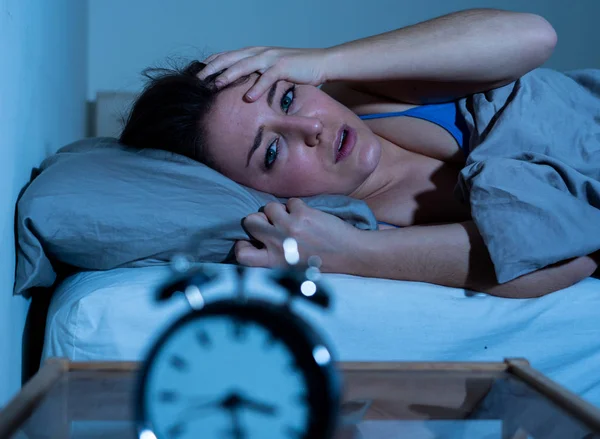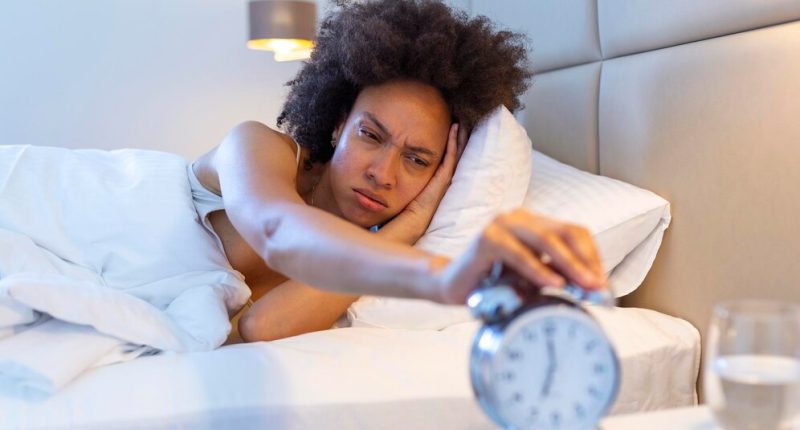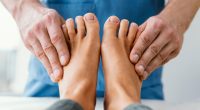How Just One Night Without Sleep Impacts Your Immune System and Health. Missing a night of sleep might seem harmless, especially when life’s demands push rest down the priority list. However, new research published in The Journal of Immunology reveals that even one night of sleep deprivation can have profound effects on your body’s immune system, potentially increasing the risk of developing major diseases like obesity, diabetes, and cardiovascular conditions. This finding underscores the critical role sleep plays in maintaining not just mental clarity, but also long-term physical health.

How Sleep Deprivation Alters Your Immune System
A new study connects sleep deprivation to immune function and inflammation, revealing that just 24 hours without sleep is enough to alter the profile of immune cells in healthy, young adults. Specifically, the immune system begins to resemble that of individuals with obesity—a state known to drive chronic inflammation. The researchers observed changes in monocytes, a type of white blood cell that acts as the body’s first line of defense against pathogens. These cells play a crucial role in detecting threats and regulating the immune response.
There are three types of monocytes: classical, intermediate, and non-classical. Non-classical monocytes, which patrol the body and respond to inflammatory cues, were found to increase after sleep deprivation, mirroring what is seen in obesity. This rapid shift highlights how sensitive the immune system is to changes in sleep patterns. If these changes persist, they could contribute to chronic inflammation—a known driver of many serious diseases.
The Link Between Inflammation and Disease Risk
Chronic inflammation is not just a buzzword; it’s a biological process implicated in a wide range of health problems. The new research found that the immune changes triggered by sleep loss can set off an inflammatory response, which, if sustained, may increase the risk of developing conditions such as:
- Obesity
- Type 2 diabetes
- Cardiovascular disease
These findings are supported by substantial evidence linking sleep disorders and disturbances to a higher risk of these chronic conditions. Poor sleep quality has long been associated with worse health outcomes, but this study sheds light on the direct pathway: sleep deprivation disrupts immune cell profiles, which in turn fuels inflammation.
Real-World Examples and Statistics
To put this into perspective, the study analyzed sleep patterns and immune markers in 237 healthy adults of varying body mass indexes (BMI). Obese individuals had significantly lower sleep quality and higher chronic low-grade inflammation compared to their lean counterparts. When healthy, lean participants were deprived of sleep for just 24 hours, their immune profiles shifted to resemble those of the obese group—demonstrating how quickly sleep loss can impact immune health.
Anecdotally, think of the last time you pulled an all-nighter. The next day, you might have felt foggy, irritable, or even noticed a scratchy throat. While these symptoms seem minor, they may be early signs of your immune system struggling to keep up, as this study suggests.
Why Modern Life Makes Sleep Deprivation a Public Health Issue
Dr. Fatema Al-Rashed, who led the research, points out that technological advancements, increased screen time, and changing societal norms are making regular sleep harder to maintain. This trend is a growing public health challenge, as more people are exposed to the risks associated with disrupted sleep. The study’s authors emphasize the need for workplace reforms and educational campaigns to promote better sleep practices, especially for those whose jobs or lifestyles make restful nights elusive.
What Can Be Done? Practical Steps for Better Sleep
Given the evidence, prioritizing sleep is not a luxury—it’s a necessity for long-term health. Here are some actionable tips to improve sleep quality and reduce disease risk:
- Set a consistent bedtime and wake-up time, even on weekends
- Limit screen exposure at least an hour before bed
- Create a relaxing bedtime routine (reading, meditation, or gentle stretching)
- Keep your sleeping environment cool, dark, and quiet
- Avoid caffeine and heavy meals close to bedtime
The Bigger Picture: Sleep as a Pillar of Health
This research is a wake-up call for anyone who underestimates the value of a good night’s sleep. The immune system’s rapid response to sleep deprivation shows how interconnected our daily habits are with long-term health outcomes. While one sleepless night might seem inconsequential, the body’s reaction suggests otherwise—especially if such nights become routine.
By recognizing the importance of sleep and making it a priority, individuals can take a simple but powerful step toward reducing their risk of chronic, inflammatory diseases. As the science continues to evolve, one thing remains clear: sleep is not just a passive state, but a critical process that keeps the body’s defenses strong and resilient.
Also Read | Best Foods, Drinks & Exercises to Prevent Osteoporosis Naturally—No Medication Needed









